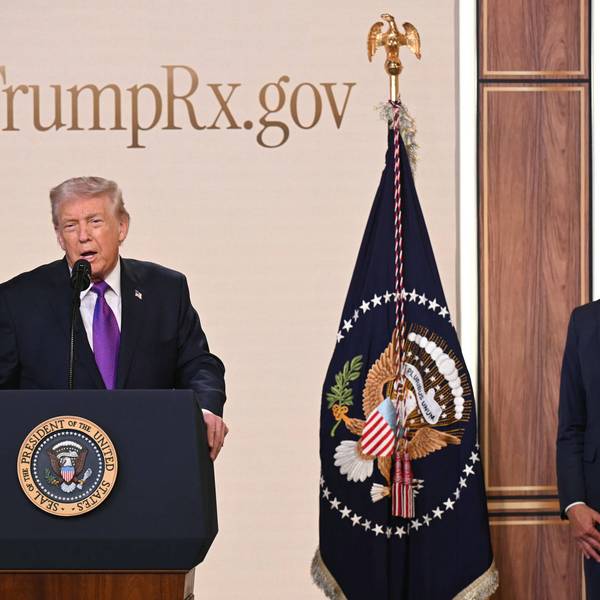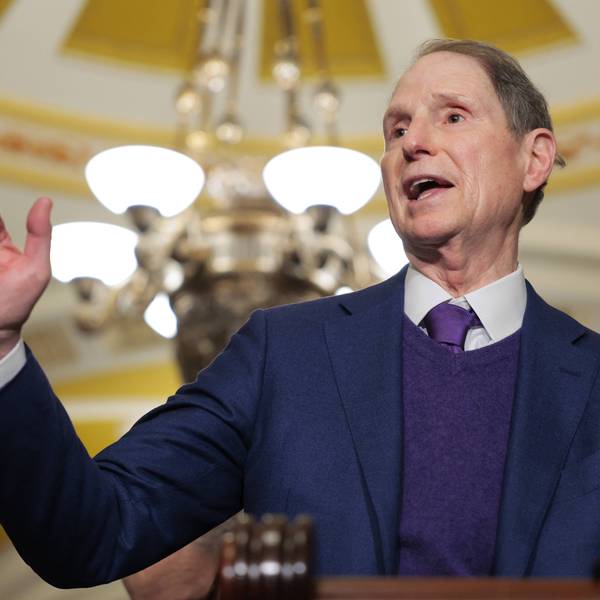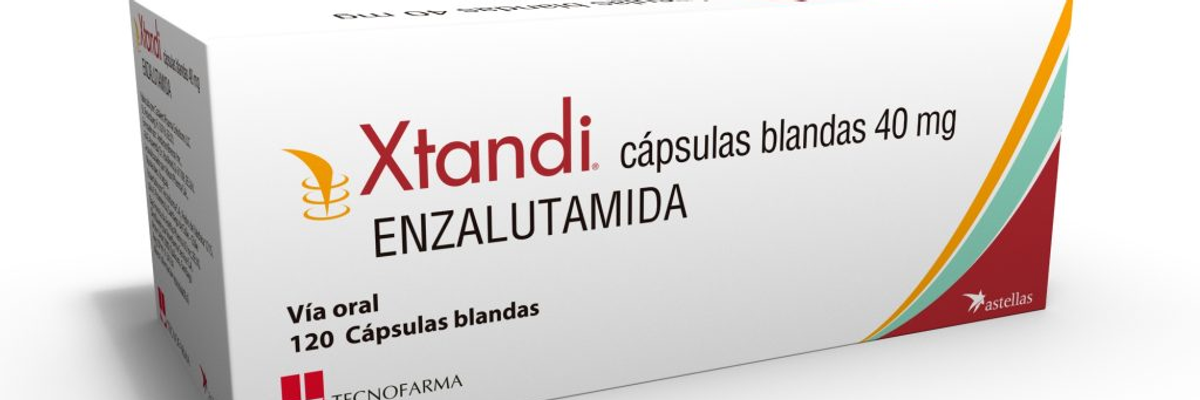What if we told you American taxpayers funded the invention of a highly successful prostate cancer medication, but if they need it, American prostate cancer patients are forced to pay far more than people living in similar nations?
The United States government should be using its investments in medical research and innovation to benefit all Americans, not just the shareholders at a few corporations.
That medication is called Xtandi, and Americans pay the highest prices in the world for it--a staggering $189,800 per year. That's up to five times more than patients living in Japan, Canada, the UK, France, Italy, Germany, Spain, or Australia.
The United States government should be using its investments in medical research and innovation to benefit all Americans, not just the shareholders at a few corporations.
When drug makers like Xtandi's manufacturer, Astellas Pharma, price gouge sick Americans, the U.S. government has a responsibility to end the exclusive patents that give them their profits.
A 2021 study estimated that 250,000 American men would be diagnosed with prostate cancer that year. Prostate cancer is the fifth most common cause of death among cancers--and it has the widest racial disparities of any form of cancer.
Black men in America experience the highest prostate cancer rates in the world.
For Hispanic or Latino men in the U.S., prostate cancer is the most common cancer diagnosis.
This means that the costs of Pharma's greed are borne primarily by men of color. Lowering Xtandi's outrageous price in the United States is a matter of racial justice.
And the rate of prostate cancer incidence increases with age, meaning that the price gouging takes a toll on Medicare's finances as well. From 2015 to 2019, Medicare spent $5.2 billion on Xtandi.
The Department of Health and Human Services is currently considering whether to allow the generic manufacturing of Xtandi, which could drop the price of a pill from $400 to $3 overnight.
Under the law, the Biden administration has the authority to act. All it needs is the courage to act.
Under the Bayh-Dole Act, federal agencies are granted "march-in rights." Essentially, if certain circumstances are met, the government can act ("march-in") and use its authority under the Bayh-Dole Act to grant a license to generic drug manufacturers to produce a drug in the United States--in this case, a generic version of Xtandi.
Charging American cancer patients up to five times more for a medication whose invention was 100% paid for by the American people and researched at a public American university...is not "reasonable."
One of those circumstances is if the original patent holder (or someone who licenses the drug, which is the case with Xtandi) fails to make the benefits of the invention "available to the public on reasonable terms."
We are asking the Biden administration to recognize that charging Americans up to five times more than what Astellas Pharma charges patients living in its own backyard, Japan, is not "reasonable."
Charging American cancer patients up to five times more for a medication whose invention was 100% paid for by the American people and researched at a public American university--in this case UCLA--is not "reasonable."
We are asking the Biden administration to ignore Big Pharma lobbyists, and prioritize saving American lives.
We are asking the Biden administration to help us build a system of drug pricing that is based on justice, not greed.
For years, the U.S. government has failed to exercise its clear authority under the law when it comes to the abusive pricing of taxpayer-funded drugs. It's time for the Biden administration to step up.
We are calling on Health and Human Services Secretary Xavier Becerra to do the right thing: allow generic manufacturing of Xtandi, and stop Big Pharma from price gouging American prostate cancer patients.




